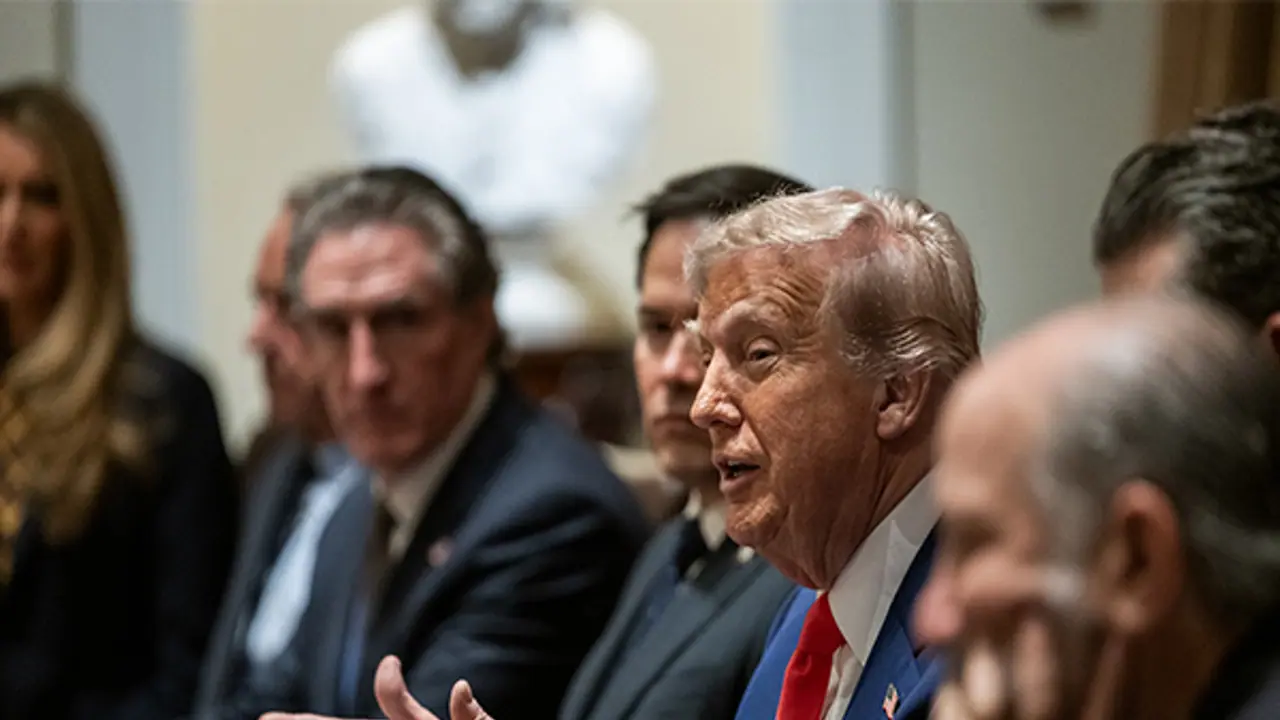The US administration has announced plans to impose special tariffs on electronic products that were exempted. This move comes amid ongoing trade tensions and aims to address concerns over trade imbalances and national security.
US Commerce Secretary Howard Lutnick has announced that the Trump administration plans to impose new "sectoral" tariffs on previously exempt electronic products, including semiconductors and other high-tech goods, within the next month. This move follows recent exemptions granted to items such as smartphones and laptops, which had been spared from steep reciprocal tariffs on Chinese imports.

Additionally, Lutnick confirmed that tariffs on pharmaceutical imports are expected to be introduced in the coming months. These measures are part of a broader strategy aimed at bolstering domestic manufacturing and reducing reliance on foreign supply chains.
Also read: Trump's 30-day ultimatum: Register or self-deport, US administration tells foreign nationals
The administration views these tariffs as essential tools to encourage countries to reevaluate their trade policies and to promote fairer trade practices. While the exemptions provide immediate relief to major technology companies, the potential imposition of separate tariffs introduces uncertainty for the tech industry, even as they briefly benefit from the current exclusions.
Analysts anticipate that these sector-specific tariffs will have significant implications for global supply chains and international trade relations, as the US continues to pursue policies aimed at strengthening its domestic industries.
The Commerce Secretary stated that the new tariffs would target specific categories of electronics, including certain semiconductors and advanced technological components. These products were initially exempted to alleviate the financial burden on American consumers and tech companies reliant on foreign manufacturing.
Analysts view this development as a strategic effort to encourage domestic manufacturing and reduce dependency on foreign supply chains. The administration emphasized its commitment to protecting national interests while ensuring fair trade practices.
The implementation timeline and detailed list of affected products are expected to be released in the coming weeks. Stakeholders in the technology sector are advised to monitor updates closely and assess potential impacts on their operations.
Also read: Trump's reciprocal tariffs: Smartphones, laptops, chips exempted in latest move
On Friday, the US administration, under President Donald Trump, has officially exempted smartphones, computers, and key electronic components from sweeping from reciprocal tariffs, including the 125% levy recently imposed on imports from China.
In a notice issued late Friday, the US Customs and Border Protection clarified that mobile phones, laptops, semiconductors, solar cells, and memory storage devices will not be subjected to either the global 10% tariff or the heightened rate applied to Chinese goods.
